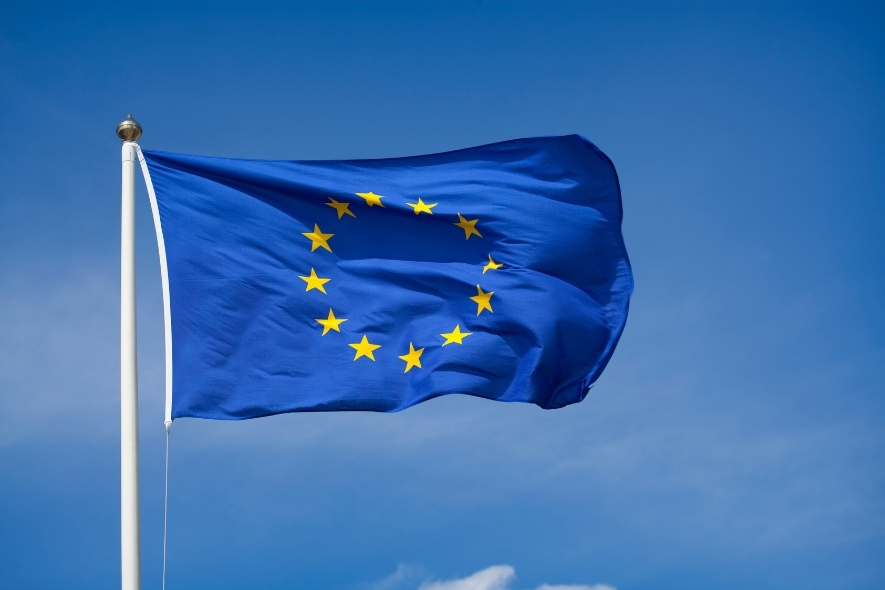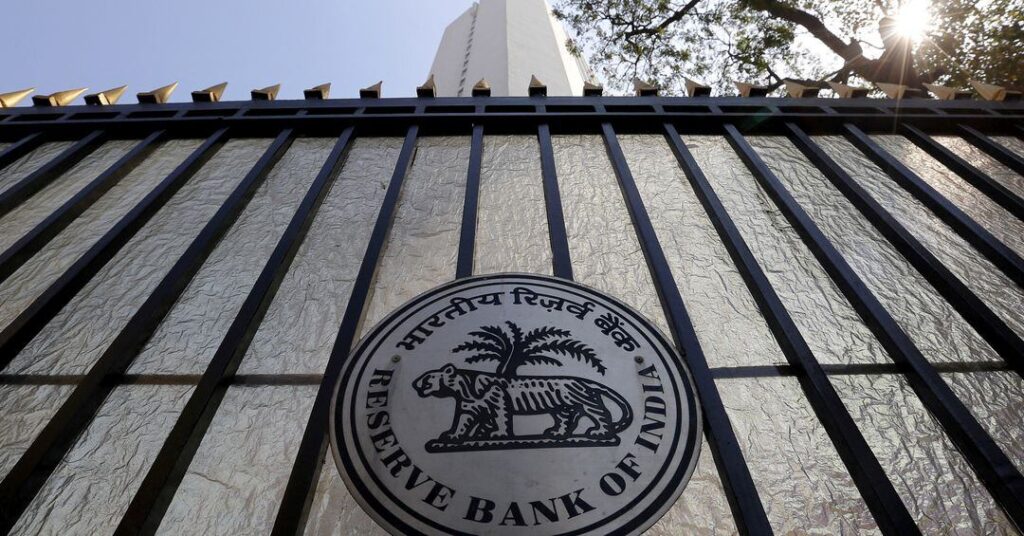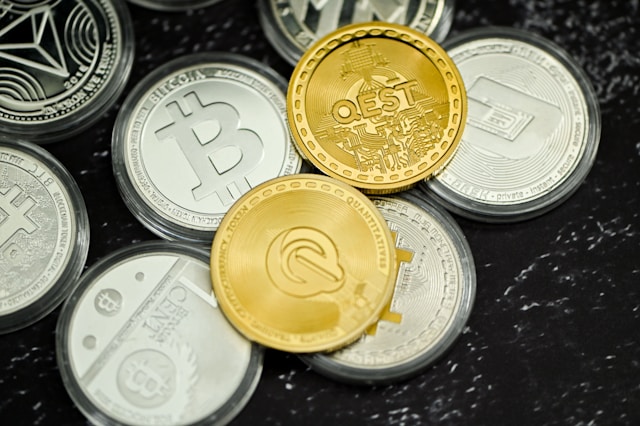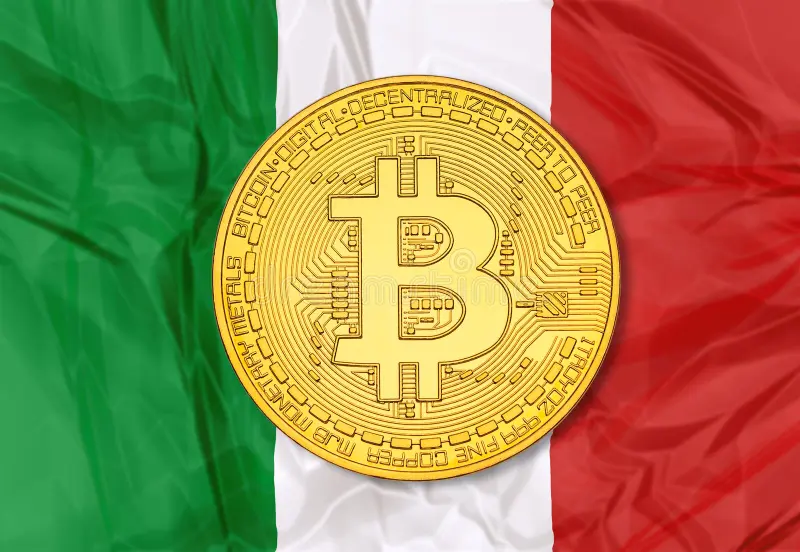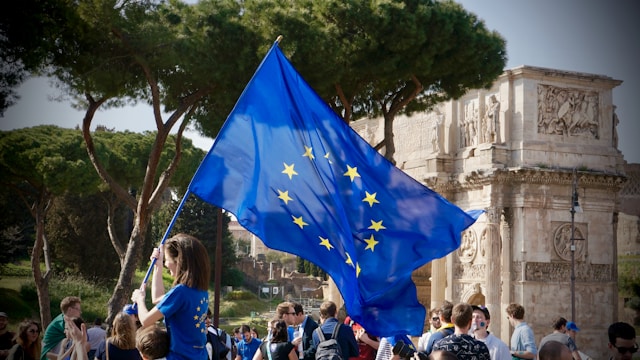In a significant legislative move, Russia has passed a law that permits businesses to use cryptocurrencies for international trade. This development is part of Russia’s broader strategy to circumvent Western sanctions and reduce reliance on traditional financial systems dominated by Western countries.
Key Points:
- Legal Framework:
- The new law, approved by Russian lawmakers, allows the use of cryptocurrencies for cross-border transactions. It is set to take effect in September 2024.
- The legislation mandates the Russian central bank to create an experimental infrastructure for cryptocurrency payments, ensuring compliance with anti-money laundering (AML) and know-your-customer (KYC) regulations.
- Economic Strategy:
- This move is seen as a strategic response to economic sanctions that have restricted Russia’s access to global financial markets.
- By adopting cryptocurrencies, Russia aims to facilitate trade with countries that are willing to engage in crypto-based transactions, thereby bypassing the limitations imposed by the sanctions.
- Trade Opportunities:
- The law is expected to open new avenues for trade, especially with nations that have a favorable stance towards cryptocurrencies.
- Despite the legalization for international trade, the existing ban on cryptocurrency payments within Russia remains in place.
- Regulatory and Market Impact:
- Businesses will need to adhere to specific regulatory requirements to engage in cryptocurrency transactions for international trade.
- This move could influence the global cryptocurrency market by increasing demand for digital assets used in trade with Russia. It may also encourage other countries facing similar economic challenges to consider using cryptocurrencies for international trade.
- Global Payments System:
- Central bank Governor Elvira Nabiullina noted that this legislation might lead to the emergence of a new global payments system independent of Western institutions, addressing the delays in payments with major trading partners like China and India.
By legalizing cryptocurrencies for international trade, Russia is not only seeking to mitigate the effects of economic sanctions but also positioning itself as a forward-thinking player in the evolving landscape of digital finance.


